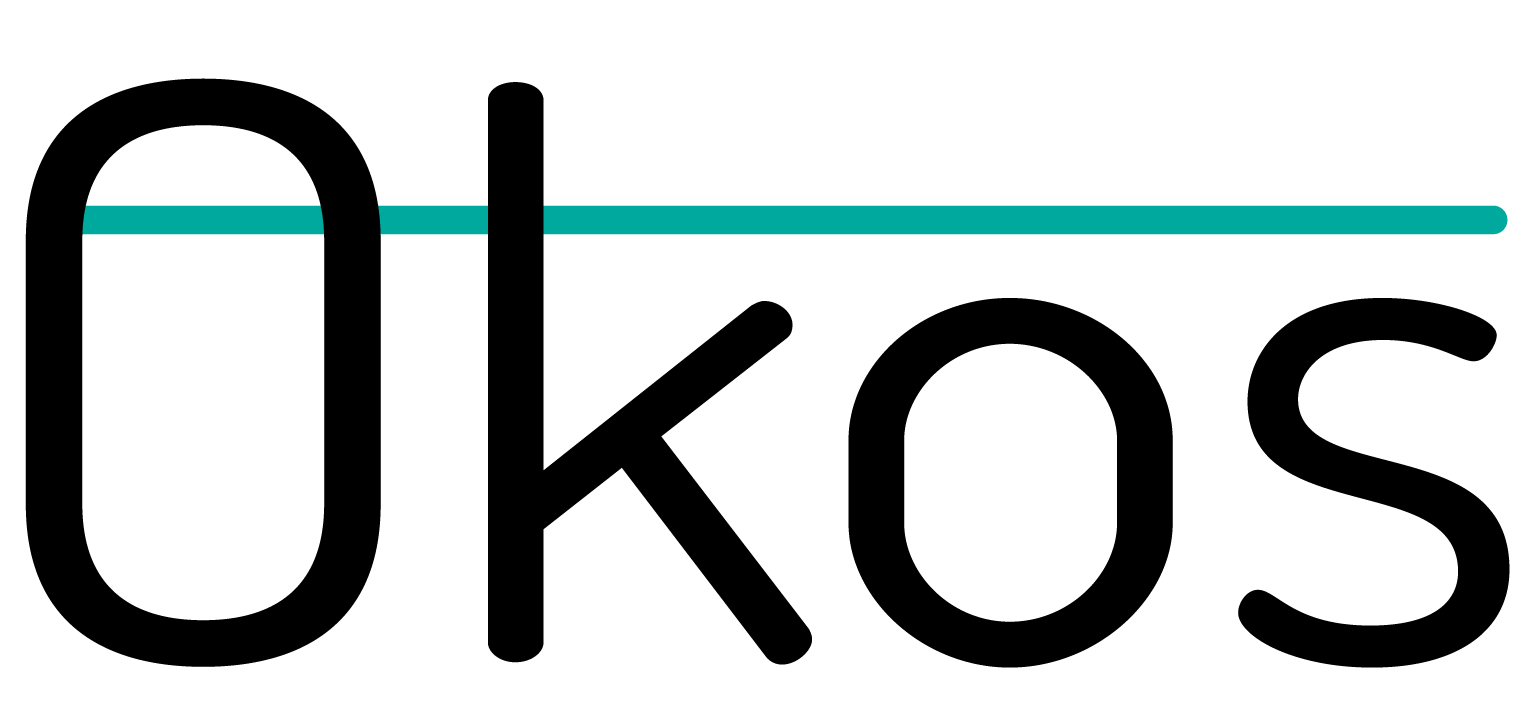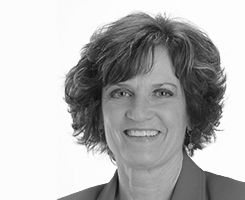This article is the third in a series on improving your standing with your distributors.
Getting out of your office and visiting your distributors in their markets is an essential element of running a successful business. Face-to-face meetings within your distribution network offer vital local data and the opportunity to build a rapport you may never get by only talking on the phone or using email and texts to communicate. It’s so important not to take the impact of these market visits lightly and use each one to leverage relationships and the vital information you receive.
Yet, market visits often leave both the supplier and distributor feeling put out and disappointed in the outcome because of a lack of preparation and consideration of the needs of both sides. Do you want this valuable time to yield better, longer-lasting results? If so, start by turning your market visit planning on its head, and with it, your perceptions of, and approach to this activity. Considering how far and wide you must travel to break through the endless noise in the crowded wine and beverage market, you want as much influence as you can possibly get.
Think Outside-In
There are typically three reasons winery teams get out into the market: 1) To promote/support the brand’s position; 2) To gather market information and insights; 3) To help secure new business (points of distribution, sell cases/programs). As a supplier, ride-withs provide you with an open door to your distributor’s customer, and through them, to the end consumer. In other words, it is a means to an end. But what does a ride-with represent for your distributor rep? Let’s face it, distributor reps don’t always love suppliers in their markets. They can be perceived as a hassle, a headache, even a waste of time because suppliers often do not treat the distributor sale rep as a key stakeholder, or the market visit as an opportunity to influence and build rapport with your brand’s “feet on the street.”
As part of the winery team, you live and breathe your brands, and you are more committed than any other stakeholder in the distribution system to promoting, supporting and making your brands flourish. This passion is extremely valuable and critical to your success, but expecting others in your sales system, such as a distributor’s rep, to think and act with your same level of drive is a set-up for disappointment and frustration. While your own needs and expectations of a market visit are forefront in your mind as a winery owner, this me-first approach fails to address two critically important but often overlooked questions:
- What does my distributor rep need and expect out of this market visit?
- How can I support my distributor rep in their expectations and needs?
We spoke in the last article about distributors’ critical success factors (CSFs). These are the few things that must go right in order for the distributor to achieve their goals. The distributor rep’s time and efforts are influenced by their company’s CSFs. Understanding distributor CSFs is not enough, however. The rep has personal interests or needs that must be met in order to get their job done. Your ability to understand and serve their personal interests can help you turn your distributor rep into your brand advocate and long-term sales partner. And each time you create a brand advocate within your distribution system, you are effectively adding horsepower to your brand’s success. So how do you do this?
Connect Before the Market Visit
Think about all of the market visits you have conducted. Did you know the rep you’d be riding with beforehand? If not, why not? The most impactful thing you can do before a market visit is to contact and get to know the sales rep who will be spending the day with you on your brands. We suggest these three aspects of preparing for your visit as a good start:
- Introduce yourself and what you hope to accomplish during the visit;
- The types of accounts and how many you want to see (strong or weak brand accounts, on or off premise, large or small);
- Dispel preconceived notions that you are there to judge or evaluate the rep.
- Ask: “What are the biggest opportunities and challenges you face in your work with the brands you represent?”
- Ask: “What would be most helpful to you during our time together?”
Be a Sponge, Not a Judge
Once on your ride-with, the tendency will be to return to a laser focus on your brand and your needs at every turn, critiquing what you think should be happening for your brand but isn’t. Before putting the blinders on, consider insight the rep might be able to provide about local market conditions, challenges and opportunities. Explicitly communicating that your questions are intended to help you learn from, rather than judge, the rep or distributor will help diffuse potential sources of relationship tension. Some questions you might ask include:
- Who do you see as my competitors? What are they doing right?
- What brands of similar size to mine do you love selling? Why?
- What are your retailers’ pain points?
- What motivates you to focus on a brand?
Partner and Prioritize
Before meeting with the retailer, if the sales rep has the opportunity to share insights on challenges in selling your brand and features that make the competition easier to sell, you may learn a bit about the local retailer’s hot buttons and needs. Along the way, you will have probably noticed a few things that can improve your product’s or brand’s positioning within accounts.
The reality is, you can’t address everything during the ride-with. As winery owner, your natural inclination may be to charge ahead with your self-interests, ticking off your brand’s attributes and all the things you want and expect out of the account. Instead, pause and huddle with your rep to review collective options and account priorities. After the visit, discuss with the rep:
- The top three things you think can improve in the account;
- The top three things the rep thinks can improve;
- The three things you will reposition in the account that help create value for everybody.
By shifting your approach to market visits, you may or may not get everything you want, but you will earn respect, focus, and perhaps, a favor down the road.
Both you and your distributor work hard to sell as much wine as possible. The only difference is in the size of your portfolios. Expecting each rep to remember the attributes of each brand in a vast portfolio is unreasonable and will only result in you spinning your wheels. Tailoring your market visits to provide focused, productive, value-adding experiences for the reps—that align with their company’s CSFs and their needs—will turn routine ride-withs into far more influential activities. This approach will build brand advocates, and ultimately improve the performance of your products within your distributor’s portfolio.
Next month: Uncovering Blind Spots to Differentiate Your Brand
Published October 1, 2018 in Wine Country Advisor
Expert Editorial by Laura Webb, Okos Partners
Laura Webb is a partner with Okos Partners, based in the North Bay. Okos focuses on helping companies and their leadership teams define and implement strategies for growth.










